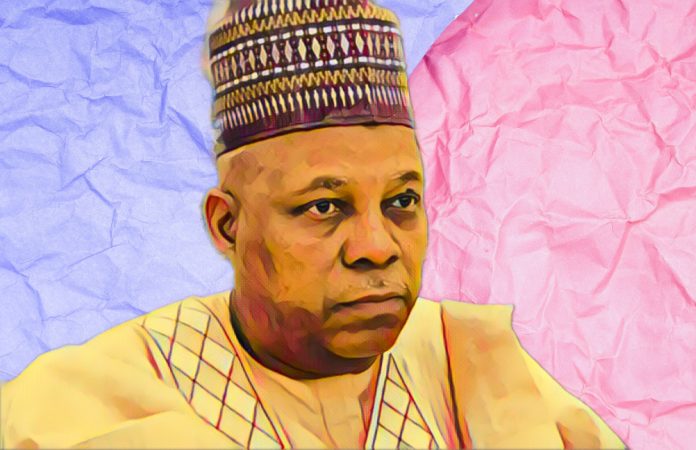KEY POINTS
-
EFCC recovered ₦500 billion in two years.
-
Shettima says autonomy strengthened the corruption fight.
-
Proceeds fund students’ loan and consumer credit schemes.
Vice President Kashim Shettima says the Economic and Financial Crimes Commission (EFCC) has recovered assets worth more than ₦500 billion since the start of President Bola Tinubu’s administration two years ago.
Shettima made the disclosure on Monday while opening the seventh edition of a three-day judicial workshop jointly organised by the EFCC and the National Judicial Institute (NJI) in Abuja.
EFCC recovery drive fuels public accountability
Representing the president, Shettima said the government’s policy of non-interference in the operations of anti-graft agencies has strengthened institutional accountability and public confidence.
“As an administration, we have prioritised accountability by strengthening the anti-corruption agencies and giving them full independence to perform their duties,” he said.
He noted that the EFCC had secured over 7,000 convictions within the same period, channeling proceeds from recovered assets into social programs such as the students’ loan and consumer credit schemes.
He added that the government is reinvesting the recovered funds into the economy to support developmental initiatives that directly benefit Nigerians.
Tinubu administration reaffirms rule of law
Shettima also emphasized that President Tinubu’s government is not shielding political allies from scrutiny.
“There is no person or group who can accuse this administration of protecting political actors,” he said. “We have allowed the judiciary and the anti-graft agencies to function freely.”
He also announced that the remuneration and welfare of judges have improved as part of efforts to enhance the independence of the judiciary. “Corruption spares no one,” Shettima cautioned, adding that judges are not immune to its effects.We all face the same risks from the effects of corruption.”
He urged all arms of government to uphold integrity and patriotism, saying Nigeria can become corruption-free if accountability is maintained at every level.



